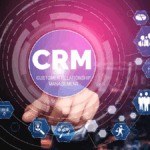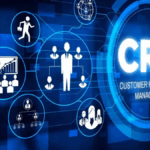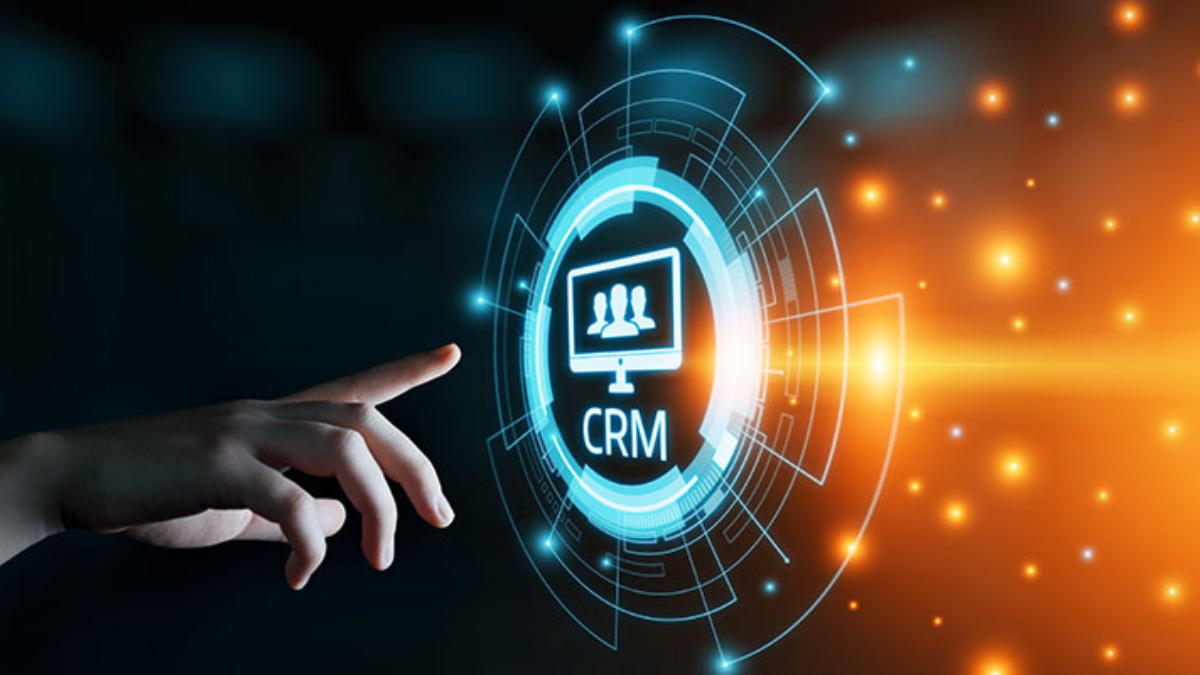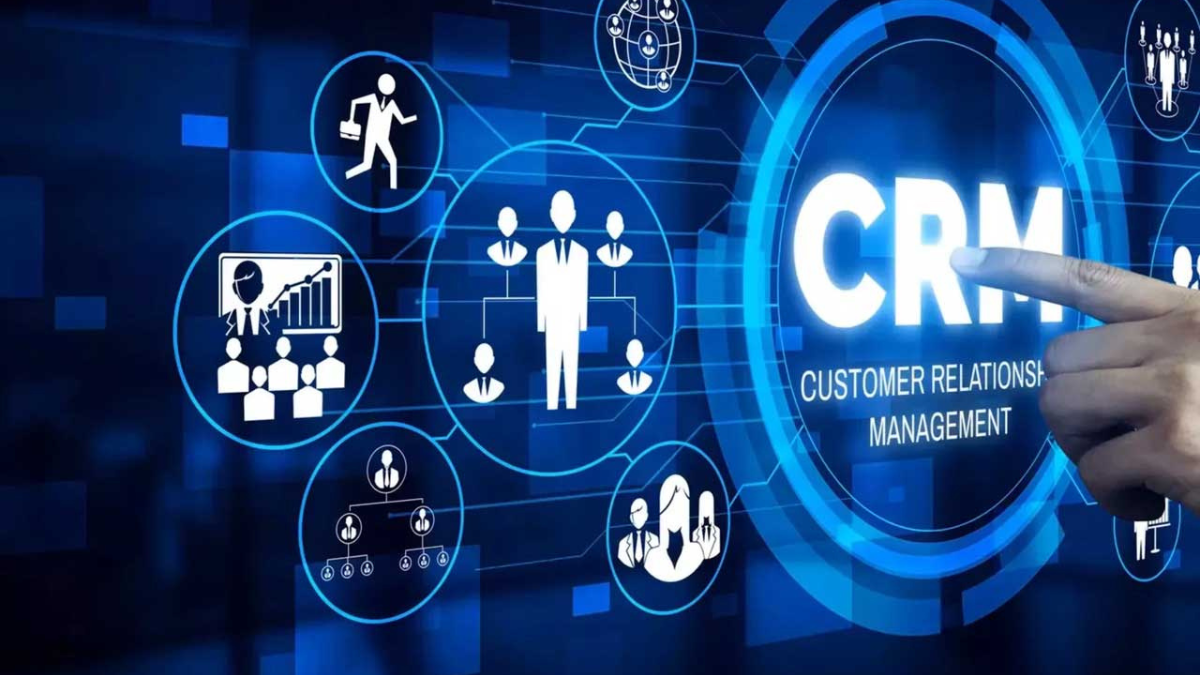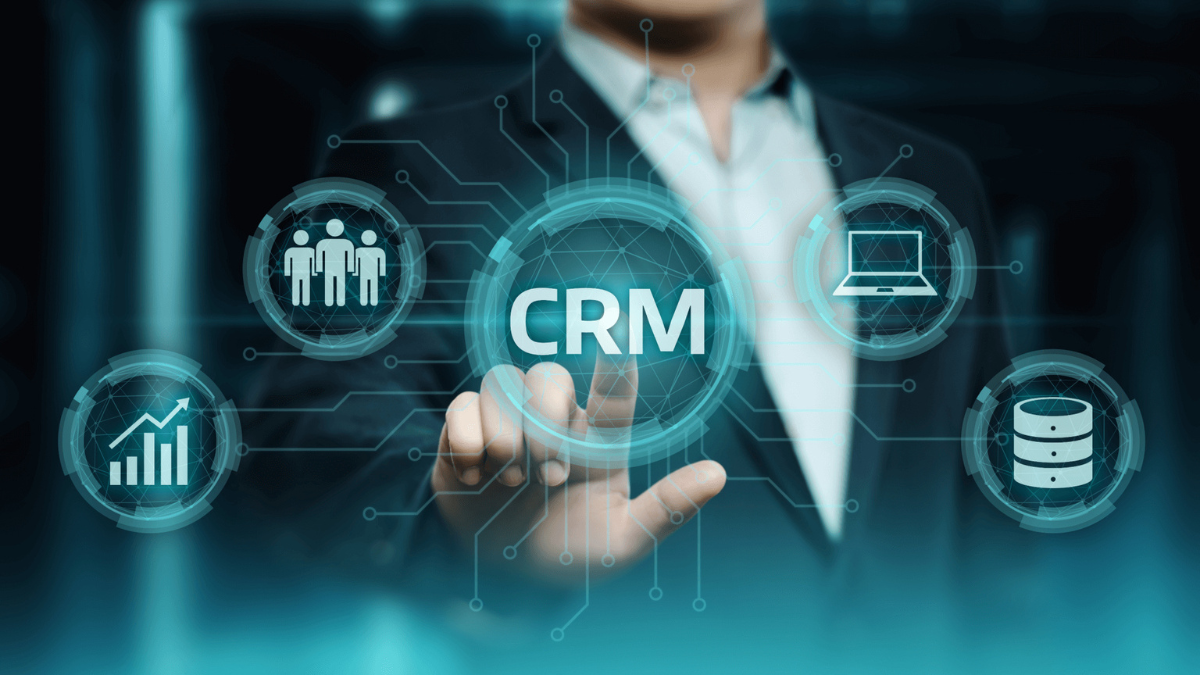Customer Relationship Management (CRM) systems are vital tools in today’s competitive business environment. Designed to manage a company’s interactions with current and potential customers, CRM systems offer powerful capabilities to streamline processes, improve relationships, and increase profitability. In this article, we explore what CRM systems are, how they function, the types available, and how businesses can benefit from them.
What is a CRM System?
CRM stands for Customer Relationship Management. A CRM system is a digital platform or software that enables organizations to manage their customer data, track interactions, and automate marketing, sales, and customer service activities.
A CRM system centralizes customer information in one place, making it easier for teams to work collaboratively, personalize communication, and make data-driven decisions.
Why CRM Systems Are Important
CRM systems help businesses:
- Organize and store customer data
- Track interactions and communication history
- Improve customer service and satisfaction
- Enhance team collaboration
- Automate repetitive tasks
- Analyze sales and marketing performance
- Drive revenue growth through better lead management
How CRM Systems Work
Centralized Data Management
CRM systems collect customer data from various sources such as websites, social media, email, and phone calls. This information is stored in a central database accessible by authorized team members.
Contact and Lead Management
CRM systems allow users to create detailed profiles for each customer or lead. These profiles may include names, contact details, communication history, preferences, and purchase history. Lead scoring can also be implemented to prioritize the most promising prospects.
Sales Pipeline Tracking
With visual sales pipelines, users can track the progress of leads through different sales stages. It helps sales teams monitor deals, set reminders, and identify potential bottlenecks.
Automation of Tasks
CRM systems automate repetitive tasks like sending follow-up emails, scheduling appointments, and updating records. This saves time and ensures consistent communication.
Reporting and Analytics
Analytics features in CRM systems allow businesses to measure key metrics such as conversion rates, sales forecasts, customer retention, and campaign performance. Custom dashboards and reports provide valuable insights for strategic planning.
Integration with Other Tools
Modern CRM systems often integrate with tools like email marketing platforms, accounting software, social media channels, and e-commerce solutions, enabling seamless data exchange across departments.
Key Features of CRM Systems
Contact Management
A CRM stores and organizes all customer contact information in one place, providing a 360-degree view of the customer.
Interaction Tracking
All communication—whether by phone, email, chat, or meetings—is recorded and tracked, giving insight into customer behavior and preferences.
Workflow Automation
Routine workflows such as follow-ups, lead assignment, and deal updates can be automated, reducing manual workload.
Email Marketing Integration
Many CRM systems come with built-in or integrated email marketing tools that allow for segmentation, personalized campaigns, and performance tracking.
Mobile Accessibility
Mobile CRM apps enable teams to access data on the go, which is especially beneficial for sales reps and field agents.
Customization
CRM systems can often be customized to fit the unique needs of a business, with options for custom fields, modules, and workflows.
Types of CRM Systems
Operational CRM
Focuses on automating sales, marketing, and service processes. It helps streamline interactions with customers and ensures smooth workflow management.
Analytical CRM
Centers around data analysis. It collects and analyzes customer data to provide insights into buying behavior, campaign performance, and customer preferences.
Collaborative CRM
Emphasizes communication between departments. It ensures that marketing, sales, and customer service teams share information effectively, improving customer interactions.
Benefits of Using a CRM System
Improved Customer Relationships
By maintaining a complete record of customer interactions, businesses can deliver more personalized and effective communication.
Increased Efficiency
Automation features and centralized data reduce the time spent on administrative tasks and improve operational efficiency.
Better Team Collaboration
All team members can access the same up-to-date information, allowing for smoother collaboration and better customer service.
Enhanced Sales Performance
CRM tools help track leads and sales opportunities, reduce lost leads, and improve conversion rates.
Informed Decision-Making
Data analytics and reporting help leaders make more informed decisions based on real-time insights.
Scalable Growth
As a business grows, a CRM can scale with it—accommodating more users, contacts, and functionality.
Who Uses CRM Systems?
CRM systems are used across industries, including:
- Retail and e-commerce
- Real estate
- Healthcare
- Education
- Hospitality
- Manufacturing
- Technology services
While the specific use cases may vary, the core function remains the same: managing and improving customer relationships.
CRM Implementation: What to Consider
Define Business Goals
Understand what you want the CRM to achieve—whether it’s better lead management, improved customer service, or streamlined operations.
Choose the Right Type
Select the CRM type that aligns with your business model and goals—operational, analytical, or collaborative.
Ensure Team Buy-In
Train your team on the CRM system to ensure smooth adoption and encourage usage.
Customize the System
Tailor the CRM to match your processes, using custom fields, dashboards, and workflows.
Integrate with Existing Tools
Make sure the CRM integrates with tools your business already uses to avoid data silos.
Monitor and Optimize
After implementation, monitor usage, gather feedback, and adjust processes for optimal results.
Common Challenges and Solutions
Low User Adoption
Solution: Provide thorough training, demonstrate value, and involve users in the setup process.
Data Overload
Solution: Use filters and dashboards to organize and prioritize information effectively.
Integration Issues
Solution: Choose a CRM with robust integration capabilities or use third-party connectors.
Cost Concerns
Solution: Start with a scalable plan or free version that meets your immediate needs, then upgrade as necessary.
Future Trends in CRM Systems
AI and Machine Learning
AI-driven CRMs can predict customer behavior, automate responses, and offer smart recommendations.
Voice and Chat Integration
Voice assistants and chatbots are being integrated for faster, more intuitive customer support.
Predictive Analytics
Advanced analytics help businesses forecast trends, optimize campaigns, and improve decision-making.
Enhanced Mobile Features
Mobile CRM apps are becoming more powerful, allowing teams to work effectively from anywhere.
Self-Service Portals
Customers can update information, track orders, or seek help through self-service platforms, reducing support loads.
Conclusion
CRM systems are more than just databases—they are strategic tools that empower businesses to connect with their customers meaningfully. By organizing data, automating processes, and improving team collaboration, CRM systems help businesses grow stronger relationships, improve efficiency, and boost profitability. Whether you’re a small startup or an expanding enterprise, implementing a CRM system can transform your customer experience and overall success.
FAQs
1 What is the main purpose of a CRM system?
The main purpose of a CRM system is to manage and improve a company’s interactions with its customers, leading to better customer retention and increased sales.
2 Is a CRM only for large businesses?
No. CRM systems are scalable and beneficial for small, medium, and large businesses alike. Even small teams can gain value from better organization and automation.
3 Can a CRM system automate marketing?
Yes. Many CRM systems offer marketing automation features such as email campaigns, lead nurturing, and customer segmentation.
4 Do CRM systems integrate with other software?
Most modern CRM systems integrate with tools like email platforms, e-commerce solutions, customer service apps, and accounting software.
5 How long does it take to implement a CRM?
Implementation time varies depending on the complexity of the system and the size of the business. It can range from a few days to several weeks.



